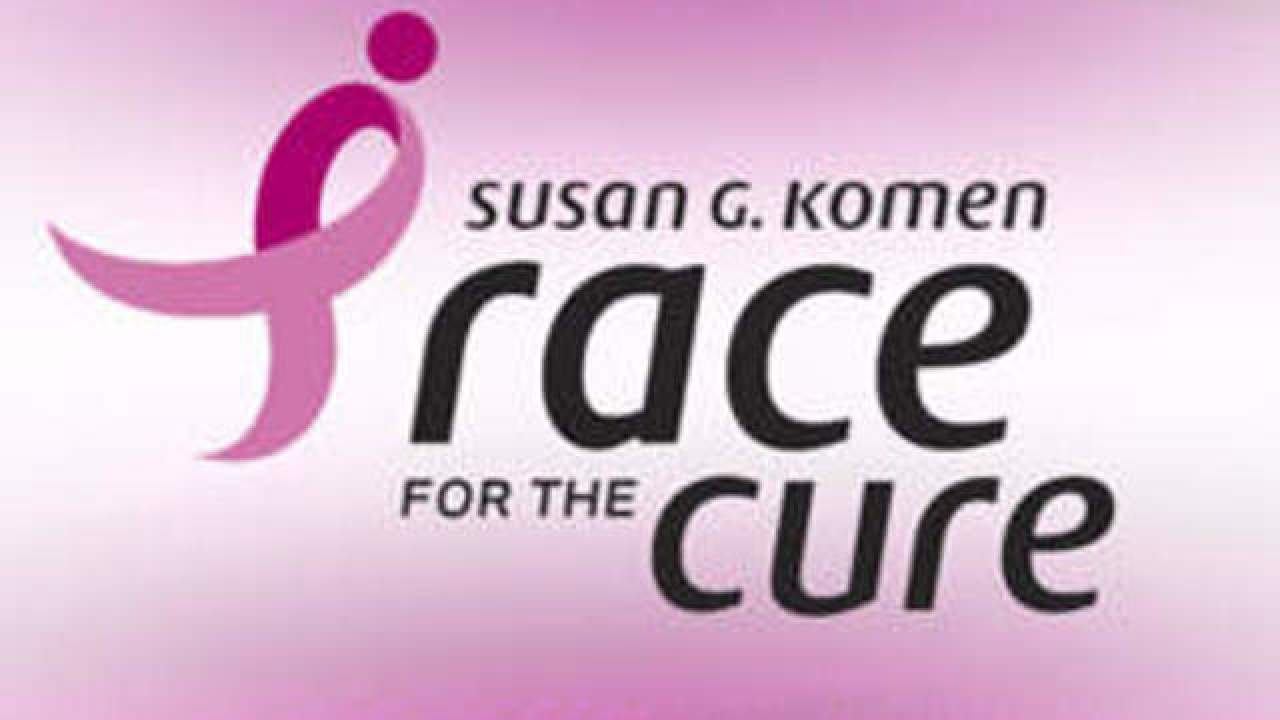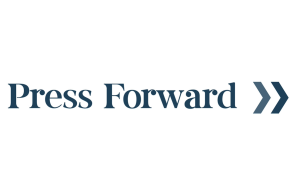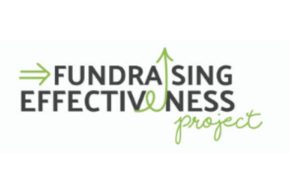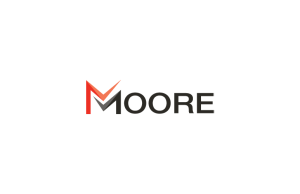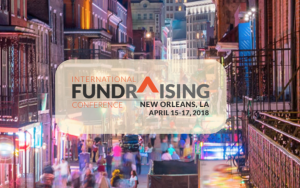The Pennsylvania offices of Susan G. Komen in Pittsburgh, Philadelphia and Scranton will close by the end of this year. They join a list of three offices in Arkansas that shuttered at the end of September.
Employees throughout the Komen system — including at the Dallas, Texas headquarters — have been working virtually since the coronavirus pandemic (COVID-19) was declared. The recent closure of affiliates was permanent. It was part of a transformation announced in April to centralize all operations, integrating its 65 affiliates into a single national organization.
The pandemic accelerated making big decisions, according to Paula Schneider, Komen’s president and CEO for almost three years. “It accelerated about 20 big decisions. I think we made more big decisions in the last like 120 days than we had in the last 15 years,” she said during a Zoom interview last month.
The national organization will focus on three key mission drivers:
- Innovative breakthrough research, leveraging technology and big data;
- Direct patient support, including developing a technology-driven patient navigation program; and,
- Advocacy
“I do think it’s a better business model and it was ushered in in a very quick way because of COVID but there’s a lot of reasons to do that and very few reasons not to,” Schneider said. “We have to be really good stewards of money in a time like this. It was just the moment in time. This has been bantered about for years at Komen as to whether it was a better structure to have a single incorporation or a federated model — and there are pros and cons to both,” she said.
The majority of revenue in the affiliate structure came through Komen’s signature walks and runs, which were canceled, postponed, or now held virtually. “What we didn’t want to do was watch affiliates go out of business one by one because they don’t have the ability from runs and walks to raise the money that they did before,” Schneider said. “We had to cut down on the amount of spend that happens in our affiliate base and we want to be more helpful too,” she said.
“There are some affiliates that won’t be able to fund themselves, which is sad but it is what it is. It’s not as if there’s a massive money pot that we have to keep things going. We have to be really good stewards of our money,” Schneider said.
Revenue had been declining at Komen for years after a peak of about $360 million in 2012. For the Fiscal Year Ending 2019, total revenue for Komen’s national office and its affiliates eclipsed $150 million for the first time in three years. Philadelphia historically is among the largest affiliates in the system when it comes to revenue, second only to Greater New York City.
About half of Komen affiliates nationwide have either merged or dissolved during the past decade. In 2010, Komen had about 123 affiliates nationwide. That number had dropped to 65 as of the end of the most recent fiscal year in March 2019. During that same time, other charities have consolidated operations into single, national entities, including Alzheimer’s Association, American Cancer Society, and Epilepsy Foundation of America, among others.
Once the transition is complete, savings are expected across the enterprise for both leases and operational costs. There are still active negotiations on a number of lease agreements but a Komen spokesman said they expect to save more than $3 million annually by converting to a virtual workforce. Once the consolidation process is complete, Komen expects more than $12 million in savings annually from centralizing operations. The organization also expects to better scale programs and collaborate on partner and donor outreach to increase revenue.
“We don’t need marketing in each community, we don’t need IT in each community, we don’t need any of the back-office functions that are happening in each community,” Schneider said.
There will be two phases to consolidating the affiliate network into one entity. About half of the 65 affiliates will roll up into the corporate entity by the end of this year in a first phase, with the other half in a second phase by July 2021, according to Schneider.
The move to virtual is permanent for the national office. Komen also reduced the workforce at its Dallas headquarters by 23 percent, starting in April and continuing through July. The national office has hired more than 100 people in the past 90 days as part of the reorganization, with about 240 employees expected by the end of phase one. Walks and races will continue around the country and the plan is to have employees living and working around the nation as well.
The signature Komen Race for the Cure, More Than Pink Walk family events, and its Komen 3-Day, 60-mile endurance walks will continue albeit virtually for the foreseeable future. In July, Komen announced that most of its More Thanks Pink Walk and local Komen Race for the Cure events would be virtual the remainder of 2020, with few exceptions. The Komen 3-Day, 60-mile walks scheduled for Boston, Chicago, Dallas, and San Diego, have been postponed until 2021.

